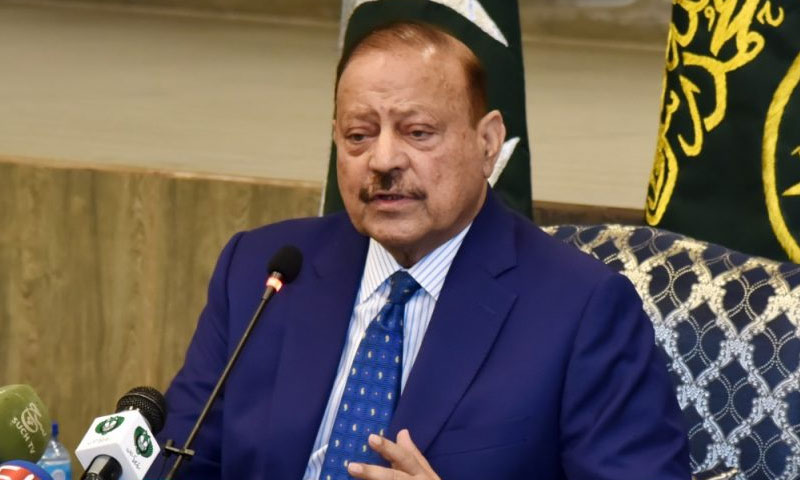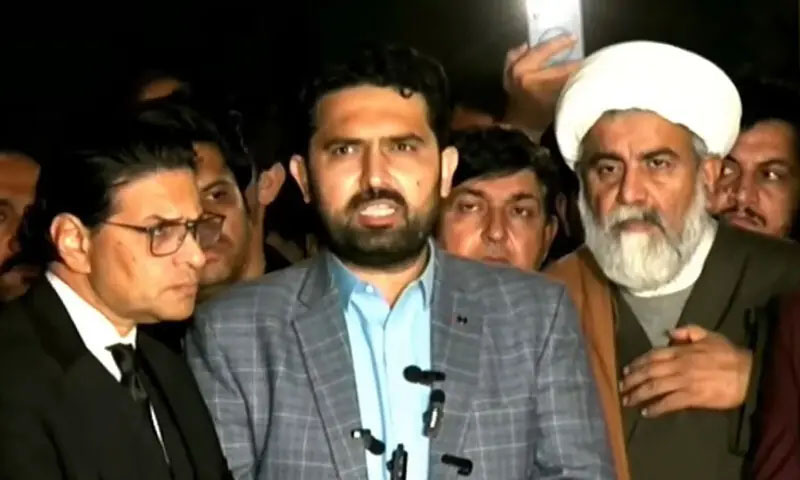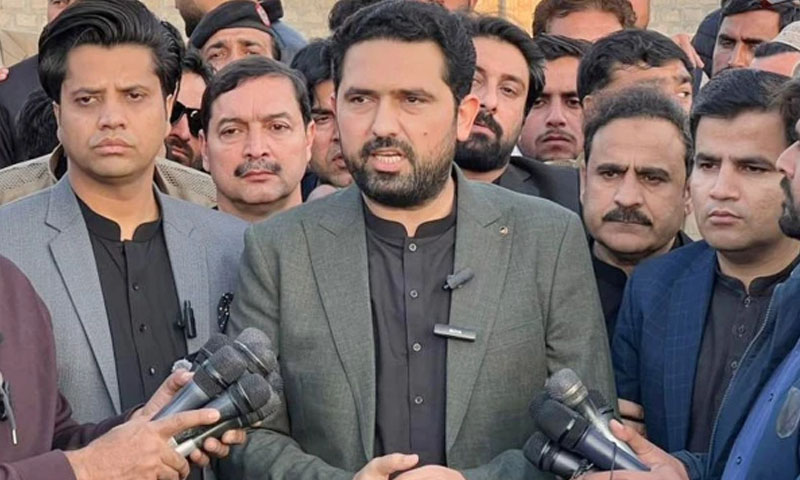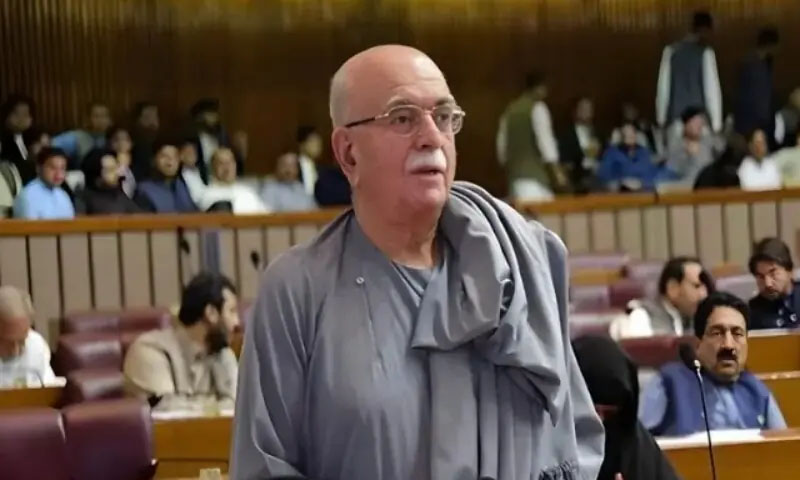- Web Desk
- Jan 31, 2026
Khawaja Asif reminds ‘linguistic niceties’ take a backseat during a genocide
-

- Web Desk
- Jun 18, 2025
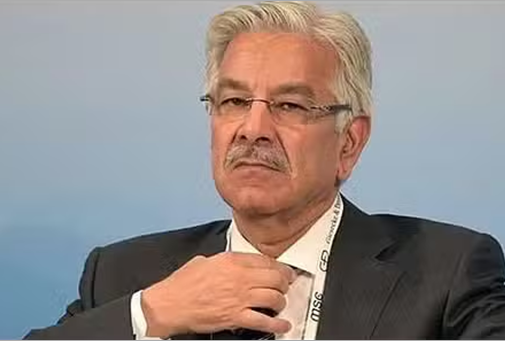
ISLAMABAD: Defence Minister Khawaja Asif recently unleashed a blistering verbal assault against Reza Pahlavi, the US-based exiled son of Iran’s last Shah, Mohammad Reza Pahlavi, while simultaneously condemning Western inaction over Israel’s military operations in Gaza. His tweet on X formerly Twitter on Tuesday caused a stir as many felt that the language perhaps did not suit his stature. However, Asif was also quick to shut down such criticism as well by reminding his followers that in a time of genocide, schooling one on linguistics may not be the best way to proceed.
The senior Pakistan Muslim League-Nawaz (PML-N) leader accused Pahlavi of being a sell-out and challenged him to return to Iran to lead the movement instead of “standing with genocidal maniac [Benjamin] Netanyahu.”
The minister’s unusually harsh language came in response to Pahlavi’s recent comments about Iran’s domestic politics.
The outburst also reflects Pakistan’s increasingly vocal position on both Middle Eastern conflicts, maintaining historical tensions with Iran while positioning itself as a staunch defender of Palestinian rights.
Reza Pahlavi, son of Iran’s Shah, remarks on possible regime change suggest cooperation with Israel
The defence minister’s choice of language drew mixed reactions domestically, with some praising his “unfiltered” stance against Israeli actions and Western hypocrisy, while others questioned the diplomatic wisdom of such undiplomatic rhetoric. The posts were nonetheless widely shared across Pakistani social media, where anti-Israel and anti-Western sentiment runs high.
No immediate response was available from Pahlavi’s camp or Western diplomats regarding the minister’s comments. The Iranian embassy in Islamabad also remained silent on the remarks targeting their exiled opposition figure.
In a Bloomberg interview, Reza Pahlavi, predicted the imminent collapse of Iran’s Islamic regime, claiming defections within its ranks and positioning himself as a leader of a “democratic transition.” However, his vision faces scepticism due to his royal lineage and ties to Israel.
Pahlavi’s remarks aligned with Israeli PM Netanyahu’s calls for regime change, raising concerns over foreign interference. Critics highlight the Shah’s brutal legacy, state repression via SAVAK, economic inequality, and Western-backed coups, as warnings against restoring monarchy.
While Pahlavi touted liberation, analysts note Iran’s unrest stems more from sanctions and Israeli strikes than popular support for royals. His democratic pledges clash with his father’s autocratic rule, which saw widespread poverty and torture.
The interview highlighted tensions between Iran’s opposition factions and external actors, with ordinary Iranians caught between regime repression and risky foreign-backed upheavals.

